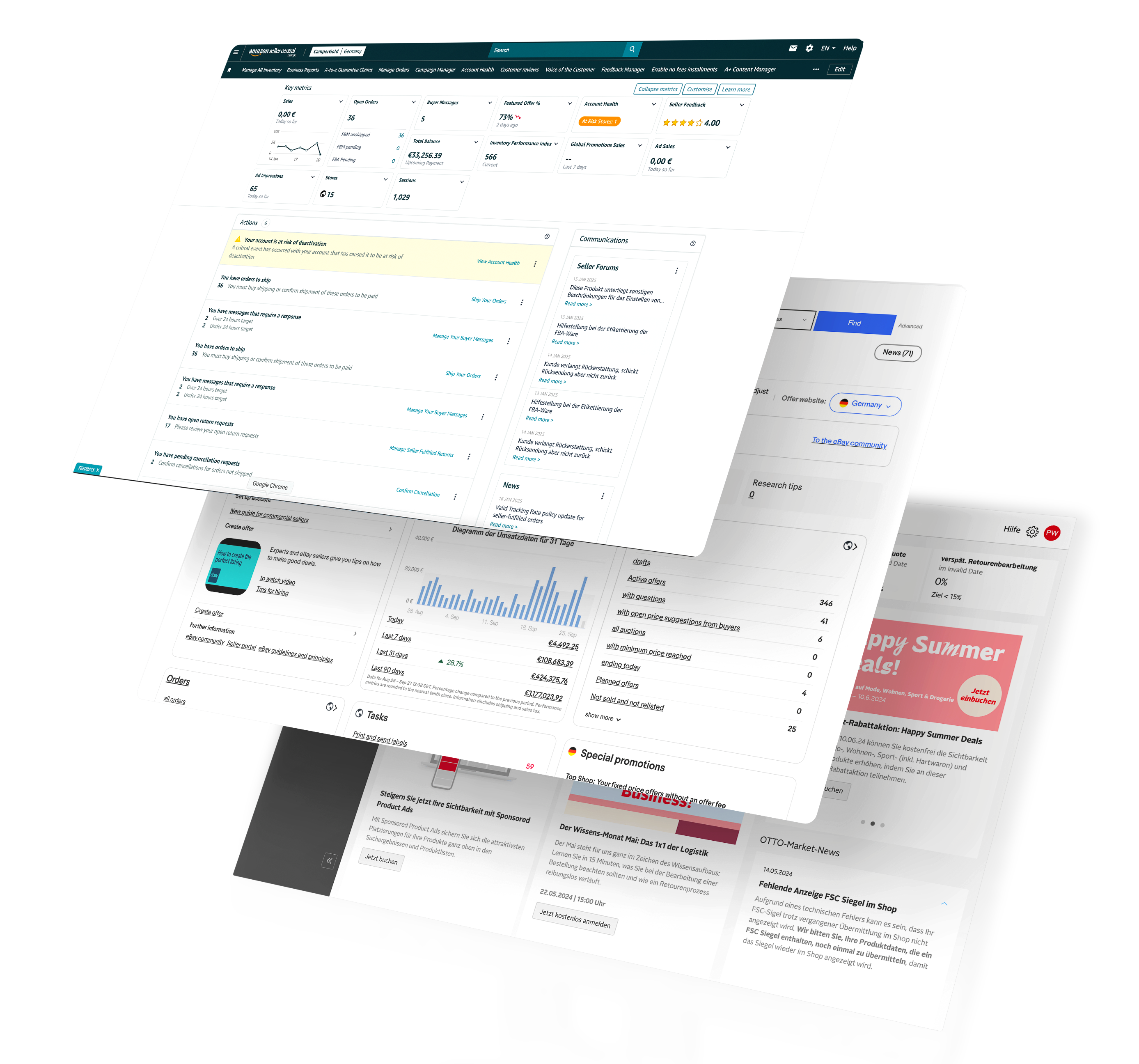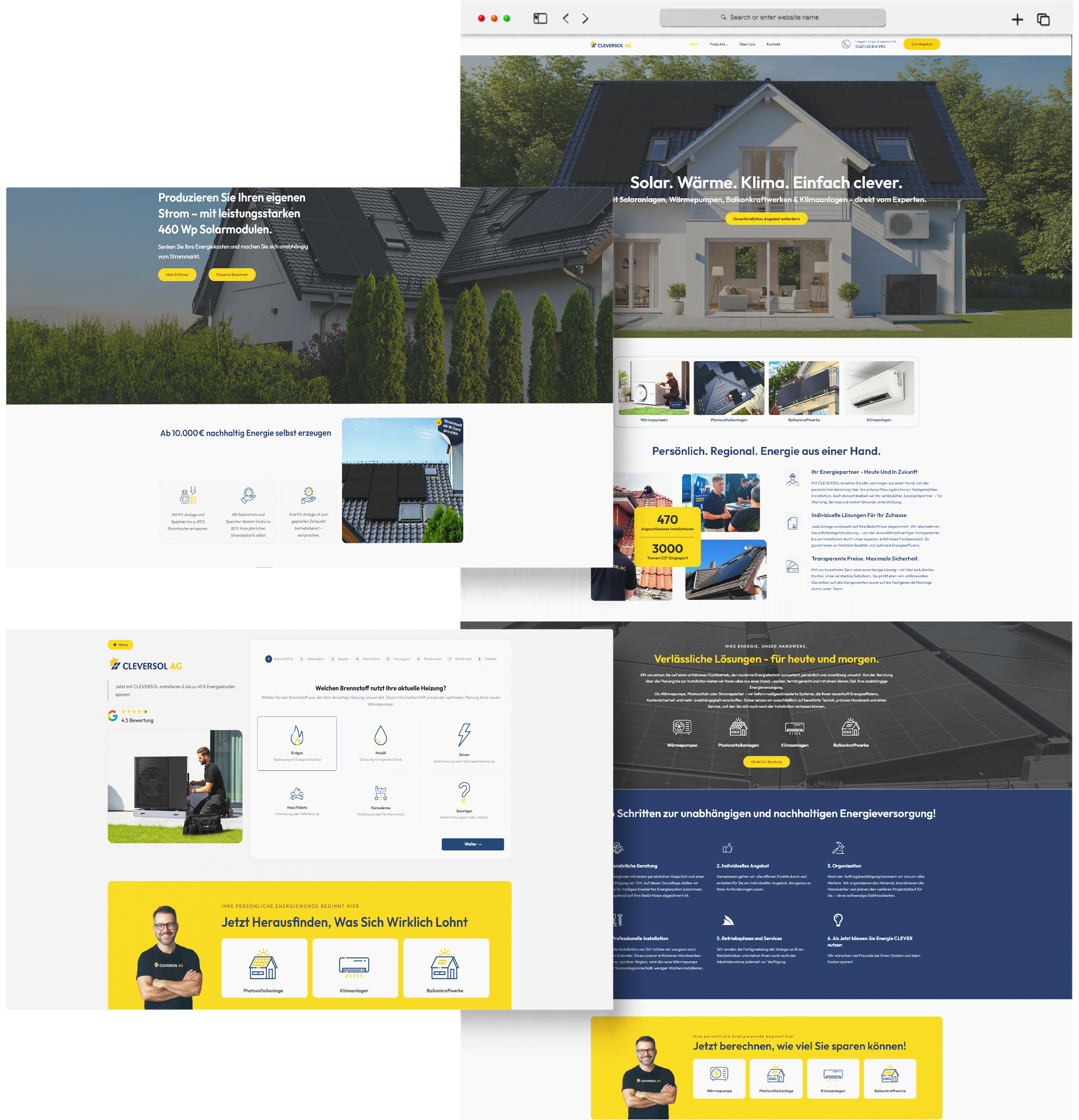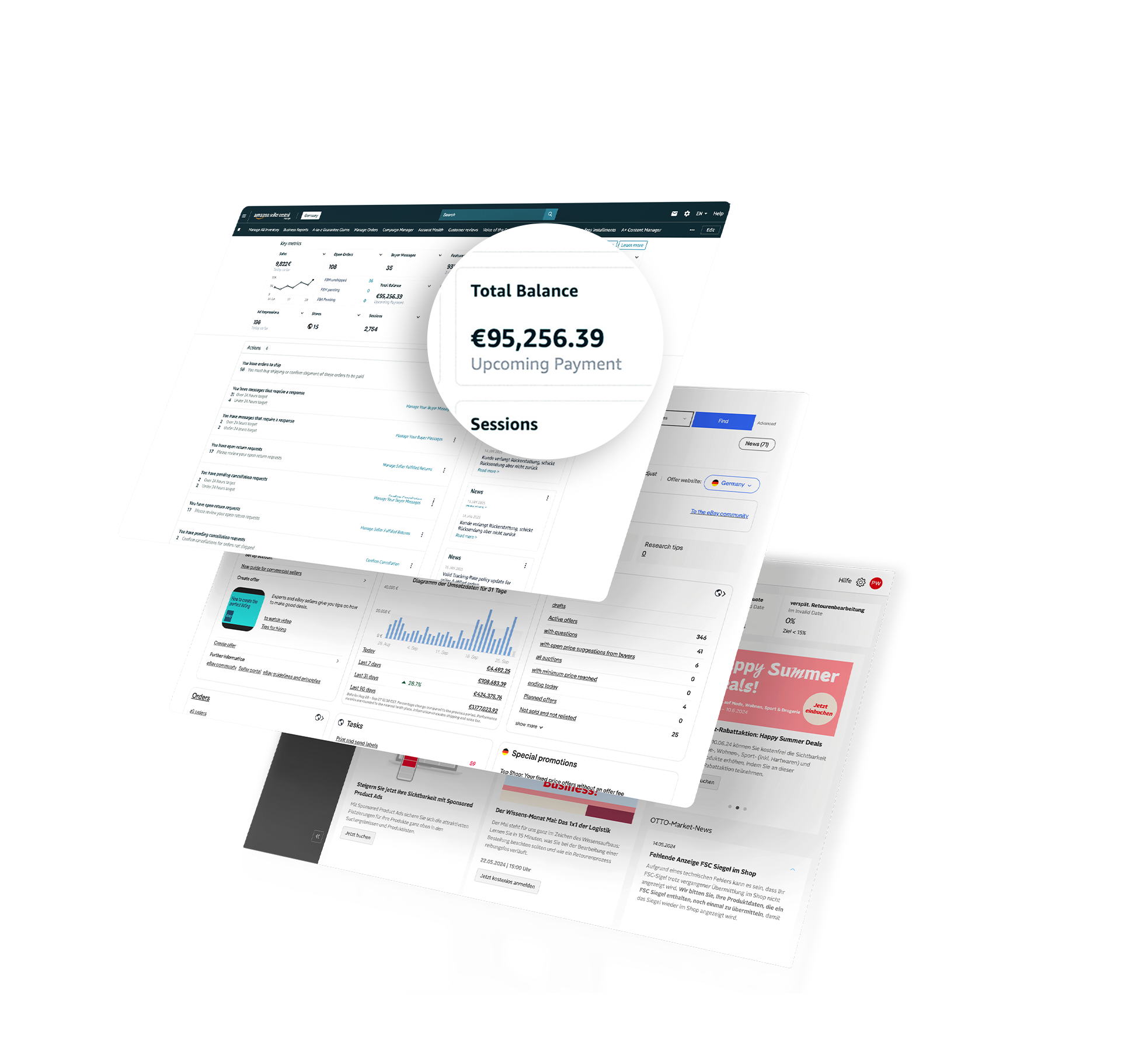Break down data silos and streamline operations with powerful integrations.
From ERP systems to AI-powered automation—we connect your tools, sync your data, and build intelligent systems that work harder for you.
Why Integrations & Automation Matter
Manual data entry, disconnected systems, and repetitive tasks waste time and money. Integration and automation eliminate friction, reduce errors, and free your team to focus on high-value work.
The Business Impact:
- ✔ Save 20-40 hours per week per employee
- ✔ Reduce operational costs by 30-50%
- ✔ 99.9% data accuracy vs. 80-90% manual
- ✔ 3-5x faster processes
- ✔ Real-time data improves decisions
Our Services
1. ERP Development & Implementation - Custom enterprise resource planning systems—finance, HR, supply chain, manufacturing, sales, project management
Platforms: SAP, Oracle NetSuite, Microsoft Dynamics, Odoo, Custom ERP
2. Business Process Automation - Eliminate manual tasks—data entry, workflow automation, reporting, customer communication, e-commerce processes
Tools: Zapier, Make, Power Automate, Custom Python/Node.js scripts
3. Third-Party API Integrations - Connect CRM, marketing tools, payments, accounting, e-commerce, communication, project management, file storage
Examples: Salesforce, Shopify, Stripe, QuickBooks, Slack, Google Drive
4. Custom API Development - Build RESTful/GraphQL APIs for your product with authentication, documentation, webhooks, rate limiting
5. AI & Machine Learning Integration - Add intelligence—chatbots, sentiment analysis, image recognition, predictive analytics, recommendation engines
Platforms: OpenAI (GPT-4), Google Cloud AI, AWS AI, Azure AI, Custom ML models
6. Chatbots & Virtual Assistants - 24/7 automated support—FAQs, lead qualification, appointment booking, order tracking, multi-language
Platforms: Custom, Dialogflow, Microsoft Bot Framework, Watson
7. Data Synchronization & ETL - Keep data consistent—extract, transform, load data across systems, multi-channel sync, analytics updates
Tools: Apache Airflow, Talend, Custom Python ETL
8. Legacy System Modernization - Modernize old systems—cloud migration, modern interfaces, API layer, data extraction
Integration Architecture
Point-to-Point — Direct connection (2-3 systems)
Hub-and-Spoke — Central integration layer (5+ systems)
API Gateway — Single entry point (microservices)
Event-Driven — Pub/sub messaging (scalable systems)
AI Use Cases
Natural Language Processing: Chatbots, sentiment analysis, text classification, email parsing
Computer Vision: Image recognition, object detection, OCR, quality inspection
Predictive Analytics: Sales forecasting, churn prediction, demand forecasting, price optimization
Automation: Smart scheduling, resource allocation, route optimization, dynamic pricing
Integration Security
Encrypted connections (HTTPS/TLS), OAuth 2.0, API key management, IP whitelisting, rate limiting, input validation, audit logging, GDPR compliance
Technologies We Use
Integration: Zapier, Make, Power Automate, Apache Camel
Programming: Python, Node.js, Java, PHP
Databases: PostgreSQL, MongoDB, MySQL, Redis
Message Queues: RabbitMQ, Apache Kafka, AWS SQS
AI/ML: OpenAI API, TensorFlow, PyTorch, Scikit-learn
Frequently Asked Questions (FAQs)
Q: How long do integrations take?
A: Simple: 1-2 weeks. Complex: 4-8 weeks. ERP: 6-18 months.
Q: Will integrations slow down my systems?
A: No. Proper architecture ensures minimal performance impact.
Q: What if an API changes?
A: We monitor for changes and include maintenance in support plans.
Q: Can you integrate proprietary/custom systems?
A: Yes! As long as there's an API or database access, we can integrate.
Q: Do I need ongoing support?
A: Recommended. APIs change, systems update—maintenance ensures reliability.
Q: What's the difference between ERP and integration?
A: ERP is a complete business management system. Integration connects existing separate systems together.




